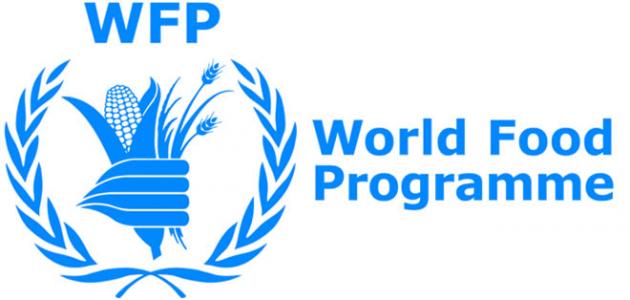WFP introduces cash withdrawal option for 70,000 refugees in Mafraq
- Publish date :
Sunday - am 12:00 | 2020-06-07
Alanbatnews - The World Food Programme (WFP) announced that it is offering refugees, receiving monthly assistance in Mafraq governorate, a cash withdrawal option from ATMs, and that it will continue to support half a million refugees across the country.
The WFP in Jordan introduced this month the cash withdrawal option for 70,00 refugees living in Mafraq governorate, northern Jordan, completely shifting WFP’s food assistance for refugees living in communities to unrestricted cash, according to a WFP statement issued Sunday.
Similar to the 300,000 refugees that WFP is supporting in the other governorates, refugees living in Mafraq can now redeem their assistance via an e-card at ATMs or from a network of 200 contracted shops located throughout the country, or both, the statement said.
It added that this modality allows refugees to decide how to redeem the assistance they receive by buying food or covering other expenses.
"Having the option of either withdrawing cash or using the e-card at the supermarket makes it easier for me to buy the food my family needs", said Samar, a Syrian refugee living in Mafraq city.
According to WFP monitoring reports, unrestricted cash leads to similar or better food security than those who receive food restricted vouchers. In Irbid, where unrestricted cash is already implemented, the food security of refugees receiving WFP assistance improved by 20 percent and showed that families relied less on negative food coping strategies like skipping meals and borrowing food.
"Unrestricted cash promotes empowerment and dignity by giving the refugees the choice to decide how to use it: buying food commodities or covering other expenses, such as rent, health or education. During this critical period, WFP will continue providing a lifeline support to nearly half a million vulnerable refugees in Jordan" said WFP’s Country Director and Representative Sarah Gordon-Gibson.
WFP is also implementing a range of activities, such as school feeding, livelihoods and capacity strengthening programmes for vulnerable Jordanians and refugees.

